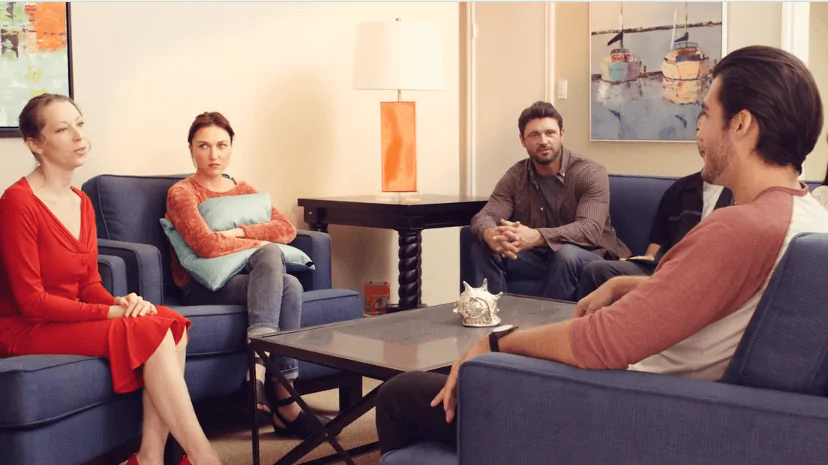24/7 Helpline:
(866) 899-221924/7 Helpline:
(866) 899-2219
Learn more about Aftercare Support centers in Brookeland
Aftercare Support in Other Cities

Other Insurance Options

Humana

PHCS Network

Ambetter

Health Net

Kaiser Permanente

Choice Care Network

Excellus

BlueShield

Evernorth

WellPoint

Optima

Optum

Molina Healthcare

Absolute Total Care

United Health Care

Sutter

Group Health Incorporated

Cigna

Meritain

Carleon









